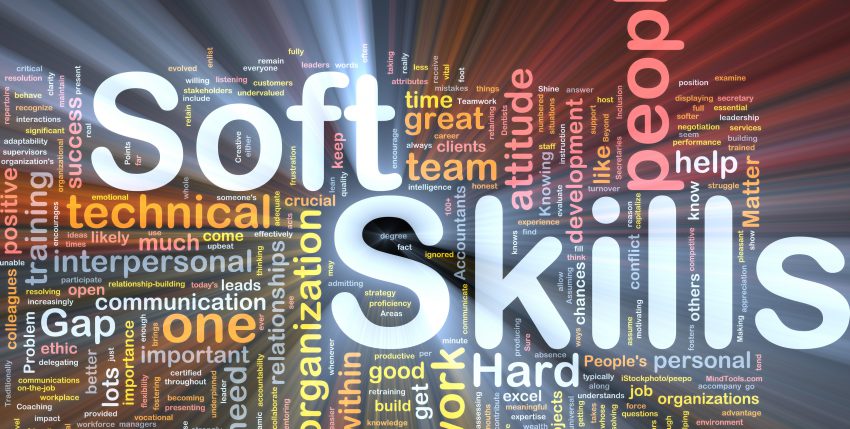
In this competitive world, it is an everyday phenomenon that we are required to make a conscious choice between different individuals during the course of various activities, interviews, and other which people to engage with in business. In fact, in an HR manager’s career it is one of the main jobs to pick and choose employees from among a pool of candidates seeking employment.
In almost every career, the recruiting process requires a selection from hundreds, thousands or, in some cases, millions of candidates who have similar qualifications, age and other requirements for employment. So, how does the management come to a decision and pick a candidate for that job? All things being equal, the management calls for a recruitment process which sometimes involves:
- Filling out forms
- An initial round with the HR manager
- Group discussions
- Psychological tests
- Physical tests
- Interviews
While all the rounds have their own significance, the basic purpose is to filter out the candidates with inferior qualities and skills for the job, in favor of those with superior skills. In so doing, the recruitment process ends up with strong candidates.
But it’s the soft skills which eventually separate out the best.
What are soft skills? Soft skills are the personal traits, reactions, habits, communication skills, social graces, language, interpersonal skills, relationship management, and leadership qualities in the face of a given set of conditions – favorable or adverse.
The success of an organization depends mainly on the performance of its employees whose contributions are critical in making the company a success. Hence, the intention is to recruit and encourage employees with a better set of soft skills. Much importance is attached by professional companies worldwide and several custom-made training programs – designed to hone the soft skills of the employees – have been developed by the recruiting authorities and employment agencies.
Special attention is paid by higher-level management and career guidance counselors regarding soft skills:
- Inclination and ability to adapt to various situations requiring teamwork
- Cooperation and interpersonal communication within the organization with different levels of employees
- Ability to multi-task and inspire coworkers
- Leadership traits
- Responsibility bearing
- Speed of decision-making
- Problem-solving skills
- Time managemen
- Critical or out-of-the-box thinking skills
The study of the EQ, or Emotional Intelligence Quotient is designed to gauge the inner personality traits determine whether they are average or superior, and specifically whether they are suitable for a particular position.
In the end, once you get past the technical, professional and other quantifiable skills, it is the soft skills which land you the job.
– The Recruit Founders
